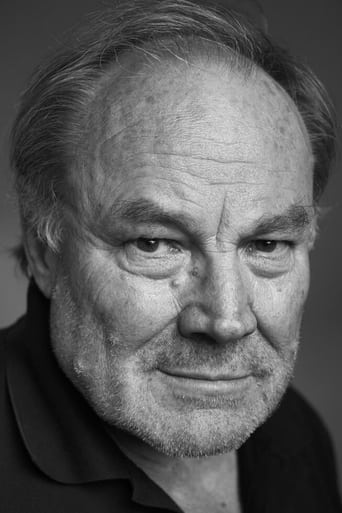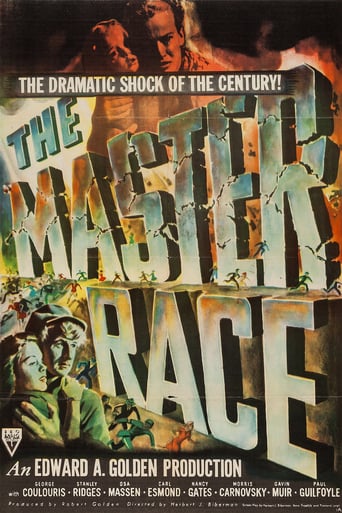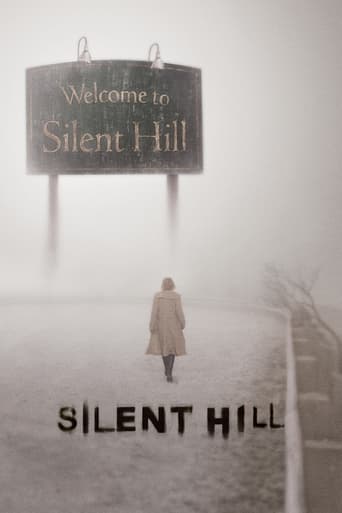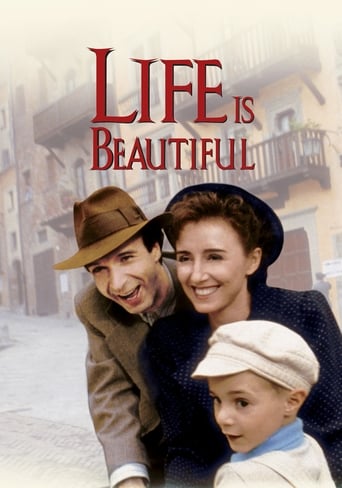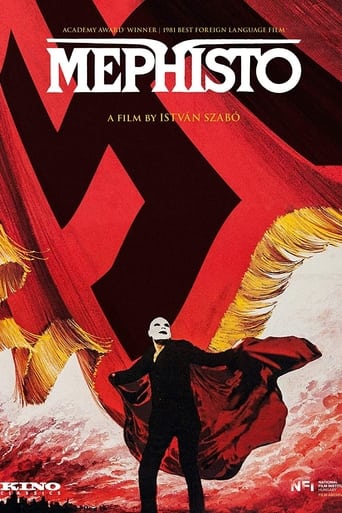
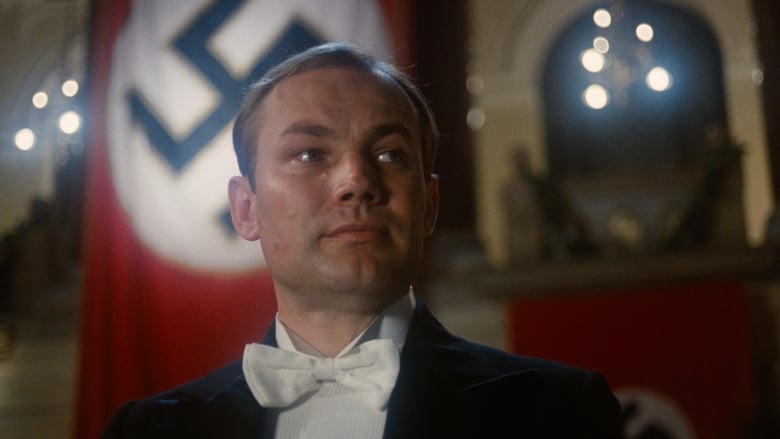
Mephisto (1981)
A German stage actor finds unexpected success and mixed blessings in the popularity of his performance in a Faustian play as the Nazis take power in pre-WWII Germany. As his associates and friends flee or are ground under by the Nazi terror, the popularity of his character supercedes his own existence until he finds that his best performance is keeping up appearances for his Nazi patrons.
Watch Trailer
Cast
Similar titles

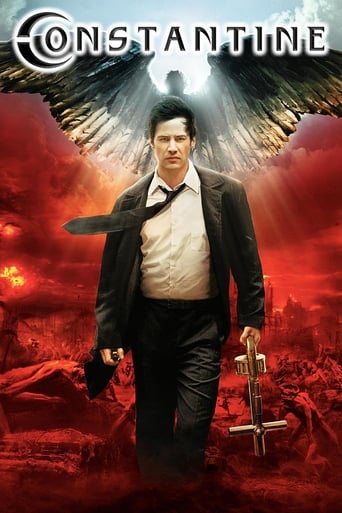

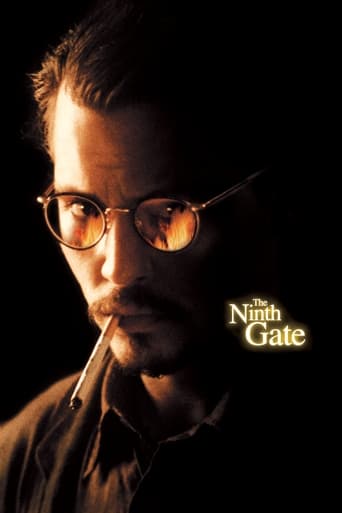
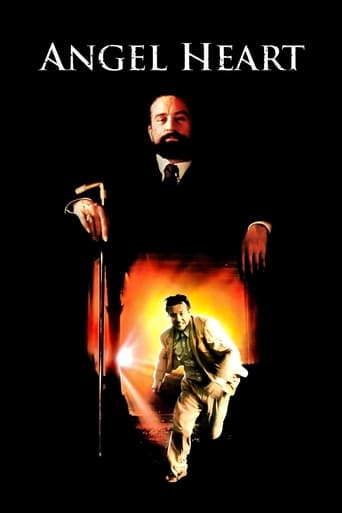
Reviews
Best movie of this year hands down!
How sad is this?
Although I seem to have had higher expectations than I thought, the movie is super entertaining.
Exactly the movie you think it is, but not the movie you want it to be.
Mephisto (1981) Profound performance, Faustian deal with Nazis. But which one is Faust? A fierce character study: Which is real, mask or no mask? Intellectual But little character growth, Lacking depth and heart. Academically great, Yet not the most watchable. (Somonka is a Japanese form of poetry that is essentially two tanka poems, the second stanza a response to the first. Each stanza follows a 5-7-5-7-7 syllable pattern. Traditionally, each is a love letter. This form usually demands two authors, but it is possible to have a poet take on two personas. My somonka will be a love/hate letter to a film?) #Somonka #PoemReview
A German stage actor finds unexpected success and mixed blessings in the popularity of his performance in a Faustian play as the Nazis take power in pre-WWII Germany. As his associates and friends flee or are ground under by the Nazi terror, the popularity of his character supersedes his own existence until he finds that his best performance is keeping up appearances for his Nazi patrons.If you want to win an Oscar, it never hurts to make a film about World War II, and especially if you throw the Holocaust in there. This film does not address the Holocaust, but does focus on a man in a very awkward position during the war -- does he flee or does he stay and accept the new way? Although not intentional (at least, not obviously so), it seems oddly like the story of Emil Jannings.
Even after seeing Szabo's "Mephisto" a couple of times, it is still difficult to see through the actor Hoefgen, played brilliantly by one of the best actors, Klaus Maria Brandauer. Accompanying his rise to prominence, the viewers come to face important questions about morality, friendship, leadership, fame...At the beginning, Hoefgen dislikes the upcoming and dangerous Nazi clique. Yet, when he realizes that they are willing to give him the chance to become famous and respected, signs of hesitation can be hardly found - he grasps the opportunity to be in Berlin and be a director of the National Theatre. "I'am not interested in money", he says, however, he has already sold his soul to the devil (the Nazi party). Hoefgen has become the victim of his acclaimed theater character, Mephisto. Mephisto of the real world offered him to "win the crown of mankind" as Hoefgen did in his theater role, and the latter willingly accepted it. He closed his eyes to the beatings of the Jews he witnessed, the expelling of his lover, the escape of his wife, the banning from theater of his friends, etc.And yet, has he become the reincarnation of evil, the real Mephisto? I am inclined to think that Hoefgen had good intentions about his closest who opposed the system. This is shown by the fact that he insisted in front of the Nazi officials for his black lover to leave Nazi Germany safely and that his friend, Ulrichs, be rehabilitated. And he did it successfully. At that point comes the question whether Hoefgen made the right choice - should he have gone to the opposition and thus failed to save anyone, or he did the right thing by accepting Mephisto's offer and becoming a man of certain influence which he used to save his closest? Then again, do you close your eyes to the brutality around you as long as you and your friends are safe? A very interesting comparison can be made between the actor Miklas, played by the Hungarian Cserhalmi and also seen in the Czech Oscar-nominated production "Zelary" and other legendary films by the Hungarian directors Bela Tarr and Miklos Jancso, and Hoefgen. The former is an ardent supporter of the Nazis at the beginning but later becomes disillusioned and chooses the opposition. Hoefgen, on the other hand, moves in the opposite way in the movie. From an opponent of the Nazi "Mörderpakt" ("murderous thugs") as he calls them at the beginning, he becomes a follower (albeit no participant) and goes as far as to betray Miklas and his plan to the Nazi officials, resulting into Miklas' death. At the moment when Hoefgen learns about his death, he refuses to believe he was murdered but instead insists it was a car accident. In the close up of Brandauer's face talking to the woman, I believe the viewer can read regret in his eyes...Through both characters, and mainly through Hoefgen, Szabo raises the topic of the role of the intelligentsia in the Nazi rise to power. What were they supposed to do? The ones in the opposition either died or went into exile (as Hoefgen's wife). The rest followed the Nazis, willingly or not. In that age of hopelessness, should one sell his soul to Mephisto as Hoefgen did - then rise to power and save whomever you can? Overall, are we from our position nowadays able to judge how the intelligentsia/the actors should have acted? "Mephisto" has to be seen in the light of Szabo's life. It was recently revealed he was an informant for the Hungarian government in the 50's. In an interview he claimed to have saved himself and a friend of his from "being gibbeted". Resemblance to Hoefgen...? The towering performance of Brandauer as Hoefgen is absolutely stunning. His face, stature, looks, eyes, everything fits perfectly into the image of the divided personality of the main character (indicative of this personality is the Nazi general's inquiring why Hoefgen has such a soft handshake). Regarding the images, there is hardly a viewer who can forget Mephisto's white face on Brandauer and the shots of Hoefgen's moments of madness, estimation, megalomania, anger...Especially powerful is the last scene where Hoefgen is running and trying to hide from the giant searchlights of Olympiastadion in Berlin, his curved, almost crying face, and saying, "Was wollt ihr von mir? Ich bin nur ein Schauspieler.", "What do you want from me? I'm just an actor........"
We're all familiar with the archetypal Faustian Bargain, where, in exchange for your soul, the devil grants your wishes. But Why might someone might want to make such a bargain? I mean, there are the common lusts and desires; but, the question still remains: What does it profit a man to gain the whole world and lose his own soul? Mephisto suggests an answer. And it's not to be found in evil machinations of the Prince of Darkness and his minions, or any such nonsense. It's found in the human psyche. Brilliantly played by Klaus Brandauer (Out of Africa, White Fang), Hendrik Hoefgen is a man haunted by insecurity. At the core of his being is shame. From the age of twelve, he tells his wife, he's always felt ashamed. So he always wears a mask, because he dare not expose his true identity to anyone, for fear of rejection. To hide himself and to medicate his feelings, he adopts a strategy that is all too common: he overcompensates. He buries himself in his work, identifies himself with his work, and becomes an empty creature playing to the crowds, a social chameleon who's a nobody adroitly playing a role. He constantly works on and perfects his social image, alert to the smallest hint of disapprobation in anyone. In this endeavor, his practiced talent of self deception aids him: He says to himself, after he's sold out to the Nazis, that he's satisfied with his success, because it means that many people love him. He's the perfect actor, even for himself. He's a public persona, nothing more. In the flower of his fame, he's a hollow shell. Mephisto is the most brilliantly produced drama on this subject I've ever seen. It's absolutely enthralling. I highly recommend it as one of the best films ever made, by anyone.
